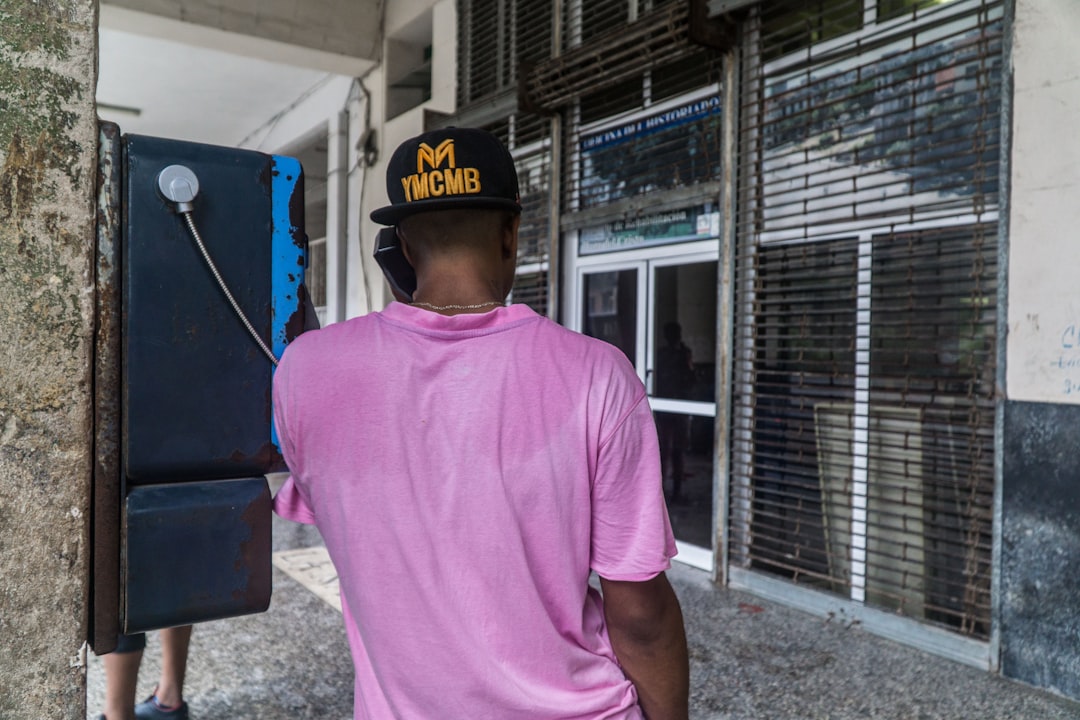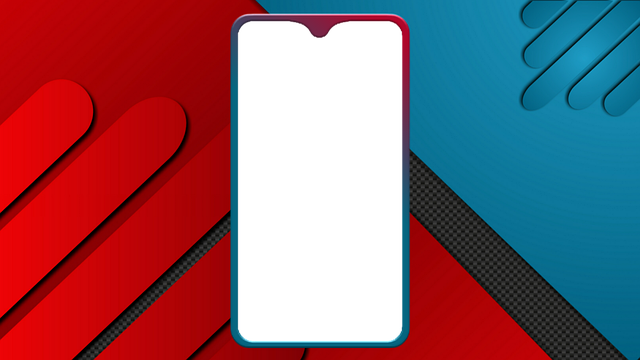Washington D.C.'s updated Do Not Call laws protect residents from robocalls and spam texts, with strict fines for non-compliance. Specialized robocall lawyers DC guide clients on filing complaints, ensuring business adherence to these laws, and protecting individual privacy. Residents facing unwanted calls or texts can consult these experts to understand their rights and take legal action against law firms violating robocall laws DC.
In an era dominated by digital communication, rogue robocalls and spam texts have become a ubiquitous nuisance. Washington D.C., with its stringent consumer protection laws, offers avenues to combat these intrusions. This article delves into the latest updates on DC’s robocall text enforcement, elucidating the Spam Call Laws and your rights under them. We guide you through finding a robocall lawyer in Washington D.C. and explore legal recourse for unwanted texts, empowering you to protect your privacy. For those seeking relief from robocall attorneys in DC or robocall laws in DC, this is your comprehensive resource.
DC's Latest Robocall Text Enforcement Updates

In recent updates, Washington D.C. has strengthened its regulations surrounding robocalls and text messages, known as the Do Not Call (DNC) laws. These new measures aim to protect residents from intrusive automated communications by holding businesses and robocall lawyers DC accountable for non-compliance. Any violation of these rules can result in substantial fines, making it crucial for both local businesses and out-of-state companies conducting business in DC to adhere strictly to the spam call law firm DC regulations.
The updated laws extend protection not just to phone calls but also include unwanted text messages from marketing or solicitation purposes. With robust penalties in place, individuals who have retained robocall lawyers DC for legal advice on navigating these changes are better equipped to ensure their businesses remain compliant. The DNC laws are designed to strike a balance between consumer privacy and legitimate business communication, with the ultimate goal of empowering residents against persistent spam calls and text messages from unknown sources, thanks to the efforts of do not call law firms DC.
Understanding Spam Call Laws in DC

In the District of Columbia, understanding and adhering to spam call laws is paramount, especially with the prevalence of automated robocalls and unsolicited text messages. The District has implemented strict regulations to protect residents from unwanted communication, primarily through the Do Not Call (DNC) registry and specific provisions in the Spam Call law. If you’re a resident of DC receiving excessive robocalls or texts, it’s advisable to consult a robocall lawyer DC to understand your rights. These laws empower individuals to take action against persistent spam calls and unwanted marketing messages.
The Spam Call law firm DC specialists can guide you on how to file complaints with relevant authorities and potentially hold offenders accountable. Robocall attorneys DC are well-versed in the nuances of these regulations, ensuring that businesses comply with do-not-call requests and respect individual privacy. With their expertise, they can help protect your rights as a DC resident and navigate any legal actions required to stop unwanted robocalls and texts.
Your Rights: Do Not Call Law Firms in DC

In the ever-evolving landscape of communication technology, the rise of automated robocalls and spam texts has become a significant concern for many residents in Washington, D.C. Understanding your rights is crucial when it comes to protecting yourself from unwanted and illegal robocalls, especially from law firms. The District of Columbia has implemented strict regulations to combat this issue, ensuring that citizens are not bombarded with unsolicited calls or messages from legal entities.
Under the DC Do Not Call Law, law firms operating within the city limits are prohibited from making automated robocalls or sending text messages to consumers who have not given explicit consent. This means that if you’ve previously expressed disinterest or opted out of receiving such communications, lawyers and their firms must respect your decision. If you receive a robocall or text from a law firm in DC promoting their services, you have the right to file a complaint with the appropriate authorities. Contacting a lawyer specialized in handling unwanted texts or robocalls in DC can also be beneficial to understand your options and ensure your rights are protected.
Finding a Robocall Lawyer in Washington D.C.

If you’re in Washington D.C. and facing issues with robocalls or spam text messages, finding a qualified robocall Lawyer DC or robocall Attorney DC is essential to understanding your legal rights. There are several reputable spam call law firms DC specializing in representing clients affected by intrusive automated calls and texts.
These experts can guide you through the complex robocall laws DC and help navigate the process of filing a complaint with relevant authorities, including seeking damages if applicable. Many of these robocall lawyers DC have extensive experience dealing with do not call law firms DC, ensuring your rights are protected under both state and federal regulations.
Fighting Unwanted Texts: Legal Recourse in DC

In Washington D.C., fighting unwanted text messages, or robocalls, is taken seriously under the Spam Call law firm DC and related robocall laws DC. If you’ve been a victim of unsolicited texts, you’re not alone—many folks across the city face this pesky issue daily. Fortunately, there’s legal recourse available for those seeking justice and relief from these intrusive messages.
Individuals who find themselves on the receiving end of unwanted texts can consult with a robocall lawyer DC or robocall attorney DC to explore their options. These legal professionals specialize in navigating the do-not-call law firms DC and related regulations to protect clients’ rights. By understanding the robocall laws DC, these lawyers can help victims determine if they have a case and guide them through potential compensation or cessation of the nuisance calls.






